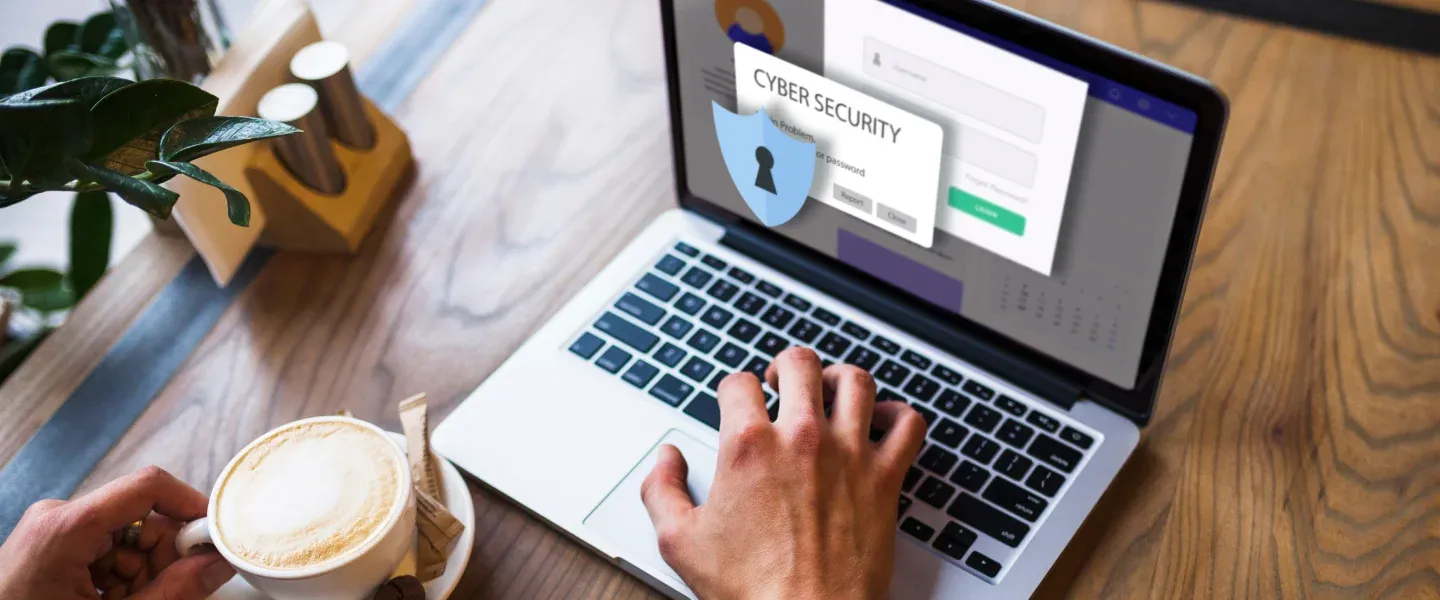There is no doubt that security is one of the major concerns for any website. And Drupal security modules stand well when its is about security. If your website is not secured, it may lead to disaster. All CMS comes with good secure features and functionalities but drupal is indeed the best. So, in this blog, we will study how drupal security modules will serve your website to the fullest to get the best results.
According to a study by Suchri, drupal is one of the least infected and hacked CMS platforms compared to others. The three most commonly infected CMS platforms were WordPress, Joomla! and Magento. However, this data does not imply these platforms are more or less secure than others. Here is the graph given by this study:
Top Drupal Security Modules To Prevent Your Website From Disaster
Captcha
A CAPTCHA is a kind of reaction test that proves that you are a human and blocks the entry of the robots. In this way, it protects your website from malicious bots to enter.
The central concept behind CAPTCHA is to recognize the original entries and block all fake or fraudulent entries. Drupal.org states that you are allowed to have additional captcha modules like:
- reCAPTCHA - 8,74,768 downloads
- CAPTCHA Pack - 55,634 downloads
- Text CAPTCHA - 16,234 downloads
- Egglue Semantic CAPTCHA - 4,417 downloads
- Captcha Riddler - 22,344 downloads
- Hidden CAPTCHA -73,741 downloads
- CAPTCHA After - 10,285 downloads
- KeyCAPTCHA - 8,340 downloads
- Draggable CAPTCHA - 2,346 downloads
- Image CAPTCHA refresh- 30,917 downloads
- Nocaptcha Recaptcha - 529 downloads
Login Security
This module helps increase the security in the login operation to your Drupal site. According to the research by Drupal.org, "Login Security presents fundamental access control while denying IP access to the content of the site".
The login security module is beneficial for the manager to make sure and limit access after involving access control highlights to the login frames. When we enable this module, a site administrator blocks the number of invalid logins before blocking accounts or denying access by IP address, temporarily or forever.
This module is also highly beneficial for sending several notifications through email. Nagios may assist the site admin in knowing when something is occurring with the login type of their site.
For other controls, login security can impede the Drupal centre's login error messages and confuse the justification for the login failure. This could make it harder for fraud to find whether the record exists. On login, a user can then again check their last login.
Password Policy
Password policy is one of those security modules like other security modules which we are talking about.
This password security module has characters with certain limitations and guidelines to set accounts and passwords. Of course, being a site owner, you can select your password according to a choice that falls under that guideline and restriction.
For example, when you are setting a password, one letter will be in the capital, a number or a symbol. So, these are some of the pointers which you should consider while setting up your password.
More examples
Minimum 8 characters, maximum length of at least 64
It's possible to set passwords longer than 128 characters (e.g. with drush) but users won't actually be able to submit these passwords through Drupal's forms to login. It would also be possible to increase that 128-character limit imposed by the combination of the database schema and the Form API, if that was a strict requirement.
Composition
Do allow all printable ASCII characters, including spaces, and should accept all UNICODE characters, too, including emoji. Do not prescribe composition rules (e.g at least 2 of numbers, lower and upper case etc.)
Avoid using hints or reminders
Drupal doesn't implement passwords hints or security questions out-of-the-box. There are contrib modules such as: Security Questions.
Implement rate-limiting
This is important for guarding against brute force attacks. Drupal does rate-limiting out of the box, referred to internally as 'flood control'. However, there's not really any UI which exposes the configurations that can be tweaked.
According to Drupal.org, the following are the constraint types required in password policy:
- Digit
- Letter
- Letter/Digit (Alphanumeric)
- Length
- Uppercase/Lowercase
- Punctuation
- Username
- Digit placement
Must Read: How To Secure Your Drupal Website & Keep It Protected
Security Kit
Security kit is yet another and adds a security module available for your website. It has multiple options to improve the security of your website. For example, presently, new browsers support a lot of techniques to mitigate common web vulnerabilities like Cross-Site Scripting, Cross-Site Request Forgery, Secure Sockets Layer/Transport Layer Security, and Clickjacking browsers.
Apart from that, the module has options to fix HTML injection issues. Thus, SecKit provides websites with an easy and flexible way to implement them.
Automated Logout
This is one of the essential security modules, as with the help of this module, you can sit back and relax while automatically setting the session timeout for any user. In addition, it provides the site admin with the ability to log users out after a specified time of inactivity to secure your data.
It is highly personalized and allows the website owner to set the session timeout period for different user roles.
Session Limit
Session Limit empowers administrators to confine various simultaneous sessions per user. This module will drive the user to log out of any extra sessions later they pass the administrator characterized several sessions. A session is set for each program from which a client can sign in.
For instance, the administrator has drawn the line for one session for every client into her Drupal site; the said client can sign in from 1 program at a time. Assuming that the client attempts to sign in from a moment's program, possibly she will be approached to log off from the recently signed in device or rashly end their new login session.
In like manner, you can set the most significant number of concurrent sessions. Moreover, it allows you an opportunity to allow only an independent session for every user. This way, you can likewise get the user's record.
Two-Factor Authorization
Two-factor authentication is just a kind of an extra layer of security for your website. It helps you add a second authentication factor as an OTP sent on mobile.
Two-factor authentication is one of the most crucial security modules, which gives an extra layer of security without leaving any doubt for the fraud to happen. TFA is done by sending OTP, SMS codes, pre-generated codes, or with a combination of third-party services like Authy, Duo, Google authenticator and others.
Bottom line
I hope this piece of blog served the purpose you have been looking for. So, all these security modules are highly beneficial for your website. If you are a business owner planning to set up a new startup, do not forget to go through these security modules. You can implement these modules to your website to protect it from any fraud in the future.




